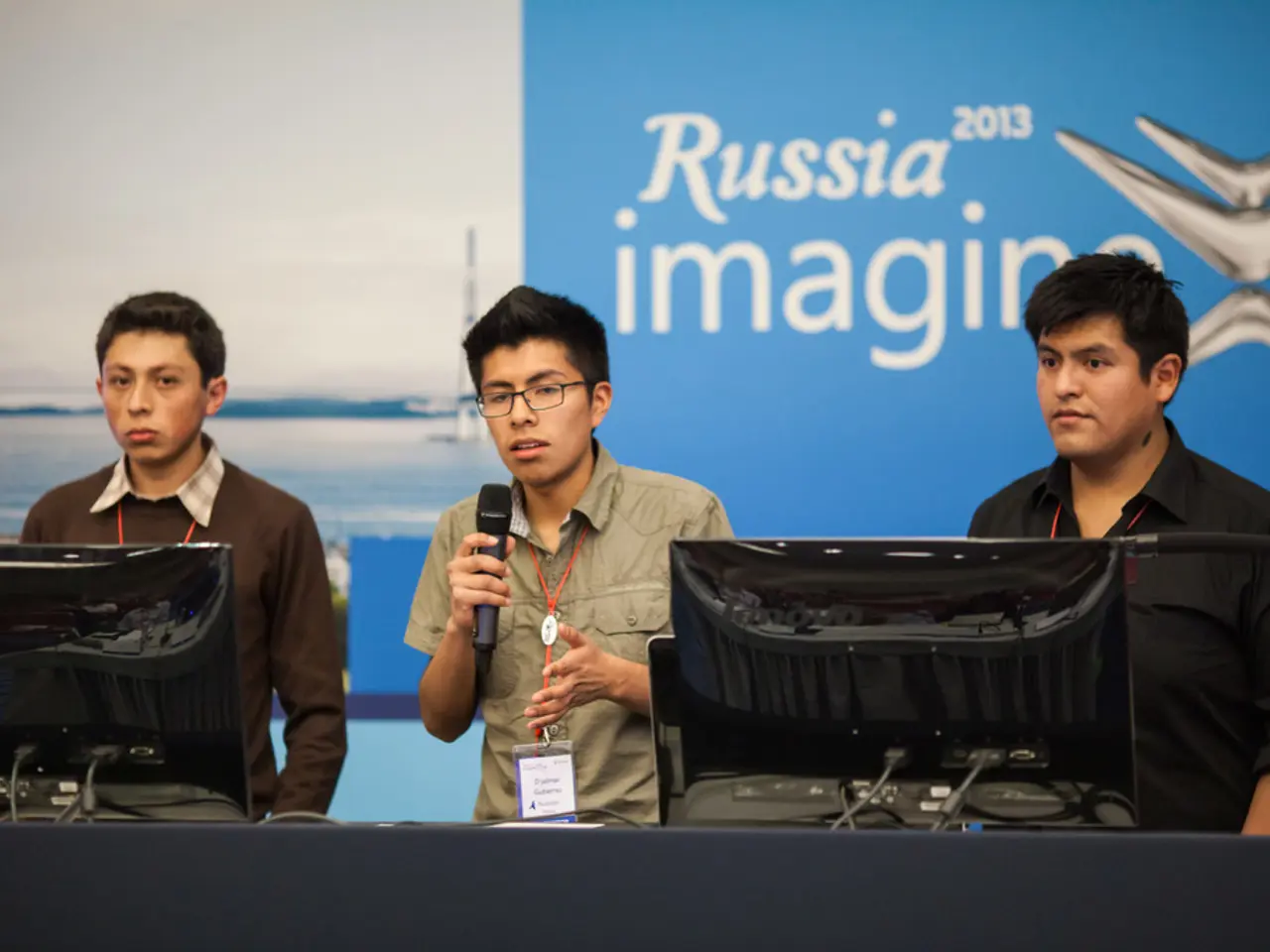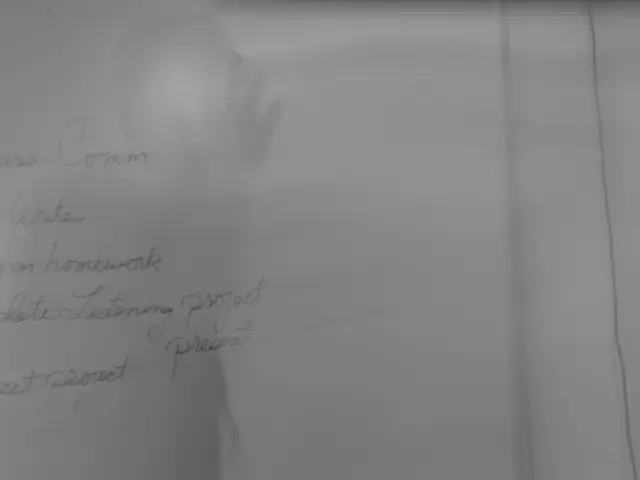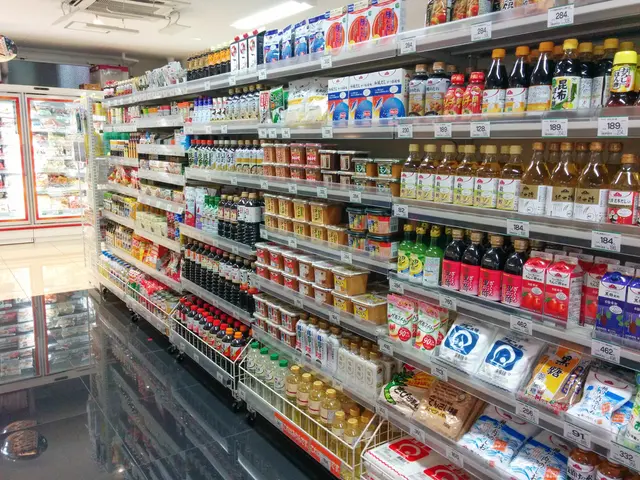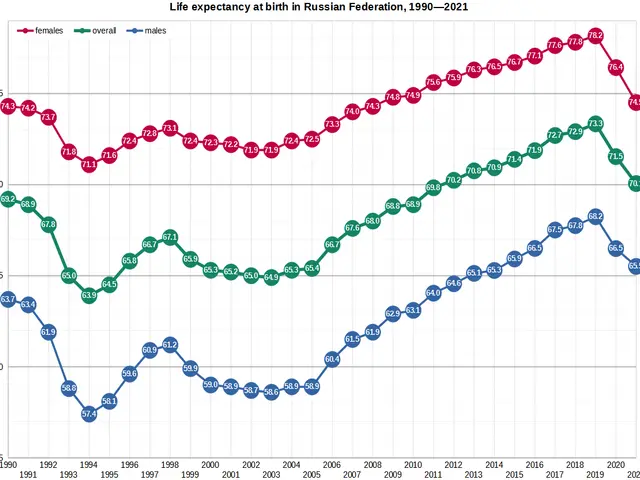EU Commission recommends imposing fresh sanctions and prohibiting the import of liquefied natural gas
The New York Times reports that the European Union (EU) has proposed a new set of sanctions against Russia, targeting areas from which Moscow draws funds to finance its war in Ukraine. The proposals, including an early ban on the import of Russian liquefied natural gas (LNG), stricter measures against the use of cryptocurrencies, and trade restrictions against companies from countries like China and India, are expected to face challenges due to the EU's dependence on Russian gas and potential opposition from countries like Hungary.
Ursula von der Leyen, Commission President, and Kaja Kallas, EU Foreign Affairs Representative, announced the proposed sanctions. The 18th sanctions package, adopted in July, did not include comprehensive gas sanctions due to the EU's heavy reliance on Russian gas.
The new export bans are planned for goods and services that can be used by the Russian defense industry or strengthen Russian industrial capacities. Russian and allied country banks will be denied access to EU capital markets, and transactions with them will be banned. Measures against the Russian credit card system Mir and the quick payment system SBP are also planned by the EU Commission.
The negotiations for the new sanctions are crucial in determining the EU's stance against Russia's invasion of Ukraine and its continued support for Ukraine. The sanctions package includes the addition of 118 ships to the 'shadow fleet,' increasing the total to over 560. These ships will no longer be allowed to dock in EU states' harbors, be insured, financed, or equipped by European companies.
The discussions are complicated by differing national interests and external factors like Turkey's large Russian oil imports outside EU control. EU countries critical of the new sanctions include Hungary and Slovakia, which have concerns about the feasibility of sanctions such as a full oil embargo due to their energy dependencies.
The early LNG import ban is aimed at cutting off Russia's financing of the war in Ukraine, as Russia finances the war through revenues from the sale of fossil fuels. The ban, which is planned for January 2027, is a significant step towards ending Russia's financing of the war in Ukraine through the sale of fossil fuels.
Stricter measures will also be taken against the use of cryptocurrencies to circumvent existing sanctions. The decision-making process for the new sanctions among EU states is expected to be difficult due to the dependence on Russian gas and potential opposition from countries like Hungary. For the new sanctions to be adopted, all 27 EU states must agree; only the stop of energy imports could be decided by a majority vote.
The European Commission has proposed new and strengthened sanctions against Russia, marking a firm stance by the EU in its efforts to support Ukraine and end Russia's invasion, as reported by the New York Times.
Read also:
- Trump administration faces lawsuit by Denmark's Ørsted over halted wind farm project
- U.S. takes a pledge of $75 million to foster Ukrainian resources development
- Impact of Trump's Enforced Russia Sanctions Could Compel Putin's Decision-Making
- Procedure outlined in Article 93 (2) of the Treaty will be initiated by the Commission.








